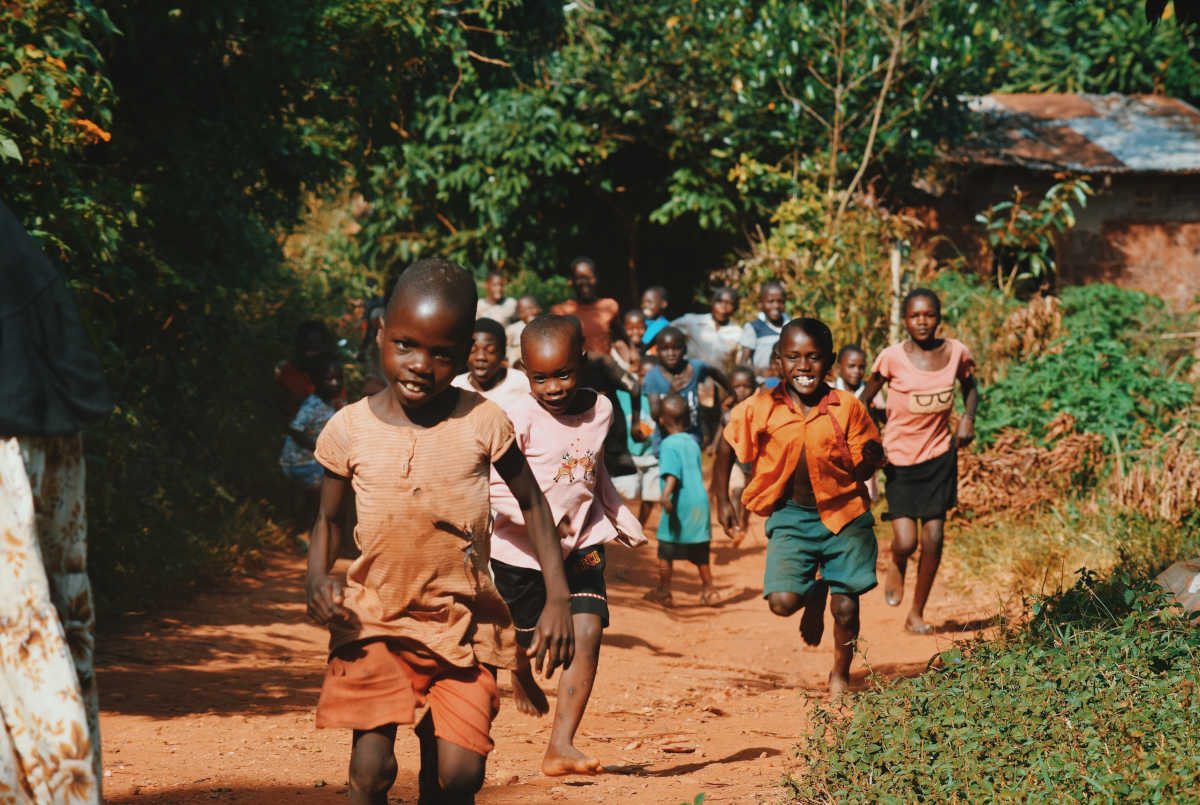jacksondwj.com – Non-governmental organizations (NGOs) have played a crucial role in the development of Mozambique, particularly in the areas of humanitarian relief, peacekeeping, and community-driven development. This article explores the various ways in which NGOs have contributed to Mozambique’s development, highlighting their activities and the challenges they face.
Humanitarian Relief and Peacekeeping
NGOs have been instrumental in providing humanitarian relief and supporting peacekeeping operations in Mozambique. Following the country’s civil war, which ended in 1992, NGOs were actively involved in demobilization and resettlement efforts, helping to reintegrate former combatants into civilian life. They also played a significant role in mine clearance, which was essential for the safe return of displaced populations and the reconstruction of infrastructure.
Service Delivery in Remote Areas
In Mozambique, NGOs are primarily seen as service-deliverers, especially in remote rural areas where state institutions have limited reach. They provide essential services such as healthcare, education, and water supply, which are critical for the well-being of the local population. This role is particularly important in a country where the government’s capacity to deliver services is often constrained by resource limitations and logistical challenges.
Advocacy and Community-Driven Development
NGOs in Mozambique also engage in advocacy and community-driven development. They work to empower local communities by promoting participatory development practices and advocating for policies that address the needs of marginalized groups. This approach not only enhances the effectiveness of development initiatives but also fosters a sense of ownership and sustainability among the beneficiaries.
Challenges Faced by NGOs
Despite their significant contributions, NGOs in Mozambique face several challenges. One of the primary challenges is the issue of elite capture, where local elites may co-opt NGO resources and initiatives for their own benefit, thereby undermining the intended impact on the broader community. Additionally, NGOs often struggle with funding constraints and the need to balance service delivery with advocacy and social justice objectives.
Conclusion
NGOs have been pivotal in supporting Mozambique’s development by providing essential services, participating in peacekeeping operations, and advocating for community-driven development. However, they must navigate various challenges to ensure their efforts are effective and sustainable. As Mozambique continues to grow and develop, the role of NGOs will remain crucial in addressing the country’s diverse needs and fostering inclusive growth.
